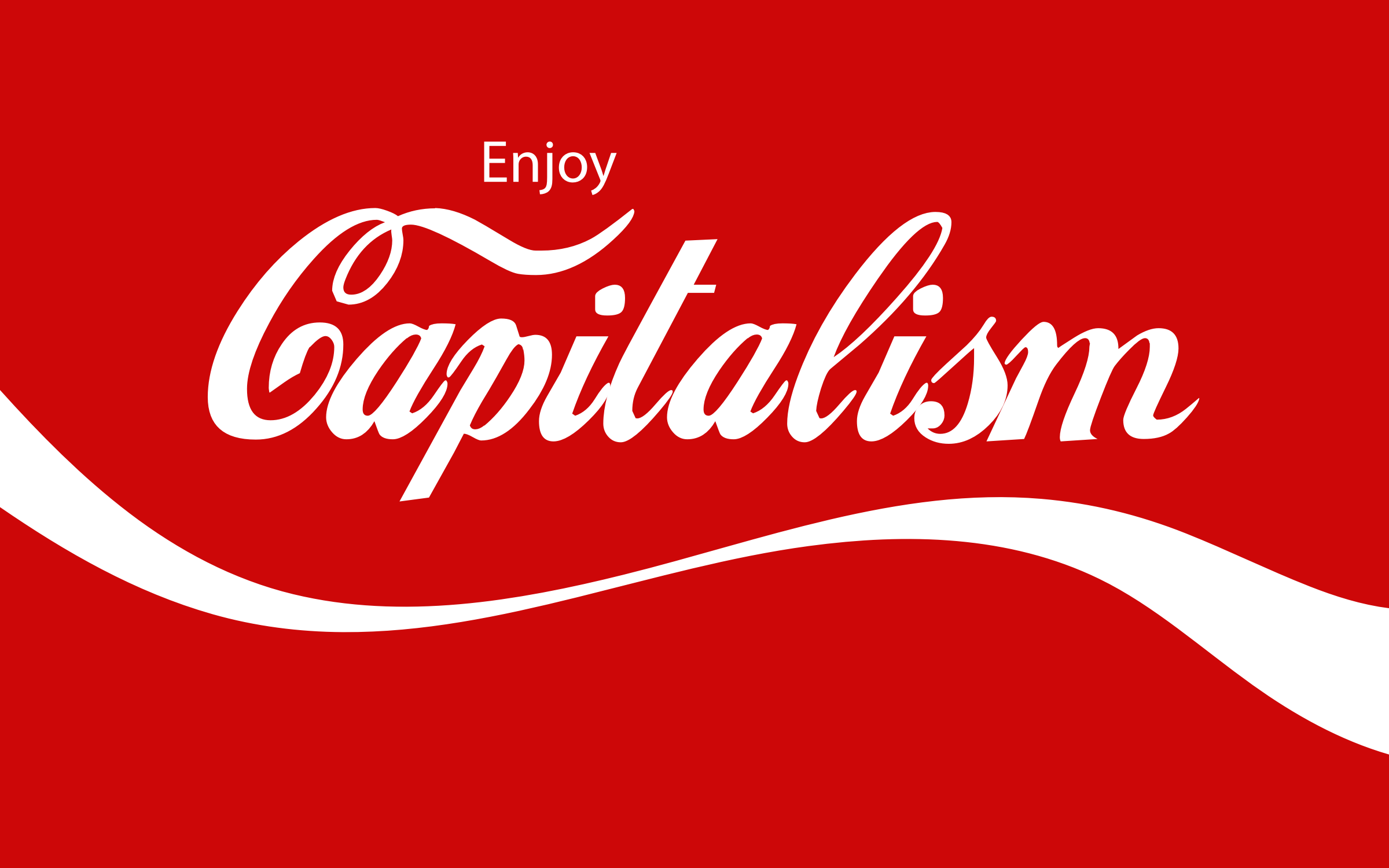The Crisis of Property Part 1: Introduction

Private property is a norm today. Different components of private property are hotly disputed in politics at certain points in time, but it is often agreed that it is a fundamental right; from your house, your shop, down to the very change in your pocket. However, the question remains- if private property is a right, then why is there such a massive disparity of wealth and asset distribution that includes people who do not possess means to protect what little property they have?
This question is now evident. But, what then must we do?
Fred Harrison and Mason Gaffney state in "The Corruption of Economics:"
"In the conditions of industrial society, any package of reforms has to resolve two distinct problems. One: if people are to be free to work and invest their resources in wealth-creating enterprises, they must have a legally protected right of private possession of land. Two: there is not enough land to go around, but the rest of us must share in the benefits of land- somehow. Solution: those who occupy land pay rent to the community for the use of land or the natural resources beneath, on or above land."
Capitalism, or the private ownership of the means of production has intended to give everyone the opportunity to make a decent living for himself or herself in a society of free enterprise, but it has failed on that front. Competition creates winners and losers, and the winners often hope to keep winning and expand their influence, even to the extent of lobbying governments at every level to write regulations and make interventions on their behalf. There must be a means to manage the concentration of wealth and give great incentive to innovation and ingenuity, especially in environmental protection and the proliferation of culture and social relationships. Governments can only do so much, and state power does not equal social power, even if the state may initially exercise legal domain to address a problem. Harrison and Gaffney essentially show support for private ownership of the means of production (capitalism) but want a common wealth in the land and natural resources that are often employed in this social system.
@mrainp420 has voted on behalf of @minnowpond. If you would like to recieve upvotes from minnowponds team on all your posts, simply FOLLOW @minnowpond.
Downvoting a post can decrease pending rewards and make it less visible. Common reasons:
Submit